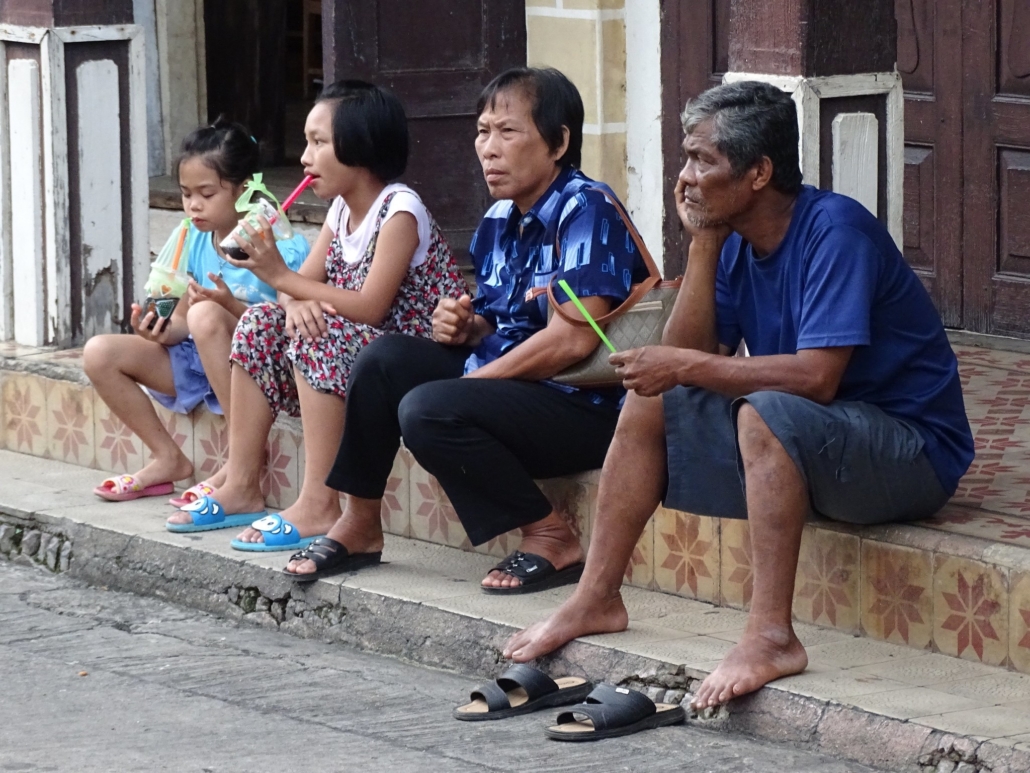Thailand’s Upcycled Water Bottles During COVID-19

The World Health Organization (WHO) has confirmed that, since January 3, 2020, there have been more than 1.6 million official cases of COVID-19 in Thailand. While the country has around 70 million people, the data demonstrate a significant rate of infection. As of October 4, 2021, approximately 55 million of Thailand’s citizens have had vaccines administered to them. Thankfully, this is not the only good news to come out of the country’s battle with the COVID-19 pandemic. The textile company Thai Taffeta has recently come up with a sustainable means of fighting off the virus, involving upcycled water bottles.
Reduce: How Thai Taffeta PPE Came to Be
During the height of the pandemic, personal protective equipment (PPE) in Thailand was alarmingly scarce. This shortage increased medical staff’s risk of contracting COVID-19 while also exposing them to other hazardous diseases and potential injuries. At the same time, as the Southeast Asian country with the second-largest economy, Thailand’s consumerism creates a lot of plastic waste. When the general rate of infection of COVID-19 in Thailand grew and protection gear started dwindling in hospitals, a textile company based in Bangkok introduced a new, life-saving technology. As of September 3, 2021, Thai Taffeta has been using the nation’s overabundance of plastic waste — mostly upcycled water bottles — as an advantage, subsequently saving lives and helping the environment.
Reuse: How Thai Taffeta Makes its PPE
According to Thai Taffeta, it takes about 18 upcycled water bottles to make one PPE suit. Thus far, Thai Taffeta has collected about 18 million plastic bottles to create personal protective equipment. The process is relatively simple and involves reducing the typical resources necessary for making protective gear and breaking down the plastic waste into malleable filaments that then get upcycled. Donated fibers are combined with the upcycled material. The product is the PPE necessary for doctors and medical staff to better equip themselves with while facing the threat of infection.
Thai Taffeta’s executive vice president, Supoj Chaiwilal, said that the fabrics are “made of 100% recycled PET yarns to produce Level 3 PPE coveralls.” This particular level of protection ensures that the suits are water-resistant and can even keep out blood and viruses from the external environment. Manufacturers dye some of the gear a reddish-orange color for a select group of the PPE’s recipients: Buddhist monks.
Recycle: Accessibility of PPE
While Buddhist monks have access to this textile innovation, needing it to conduct cremation processes safely, it is also available to high-risk patients. Though Thailand’s response to the pandemic was relatively strong, it was not without weaknesses. Had the government not responded to the economic crisis with relief measures, the poverty rate in Thailand would have increased to an estimated 7.4% in the span of one year. However, the 6.2% of Thailand’s population living under the poverty line, who are more susceptible to infection and fiscal devastation, could certainly benefit from a maintained social protection program implemented by the country’s government. Therefore, the introduction of sustainable personal protective equipment in Thailand is critical for health safety in the fight against COVID-19. PPE to more individuals better allows for a deceased spread from continuing to permeate and affect the lives of low-income families.
Looking Forward
Thai Taffeta’s website boasts, “All for one[,] the journey of sustainability.” Indeed, the upcycled plastic waste personal protective equipment in Thailand is an innovation many people marvel at. Operating in a cyclically economic mode, the broken down plastic serves to benefit the environment and reduce the number of resources needed to create new goods while also combatting the rate of infection. The slogan also touches on the immense value of a unified fight against the virus, pressing for eradicating disparate circumstances while simultaneously urging the upper classes to be considerate in their consumption and contribute funding toward these suits.
– Maia Nuñez
Photo: Flickr
